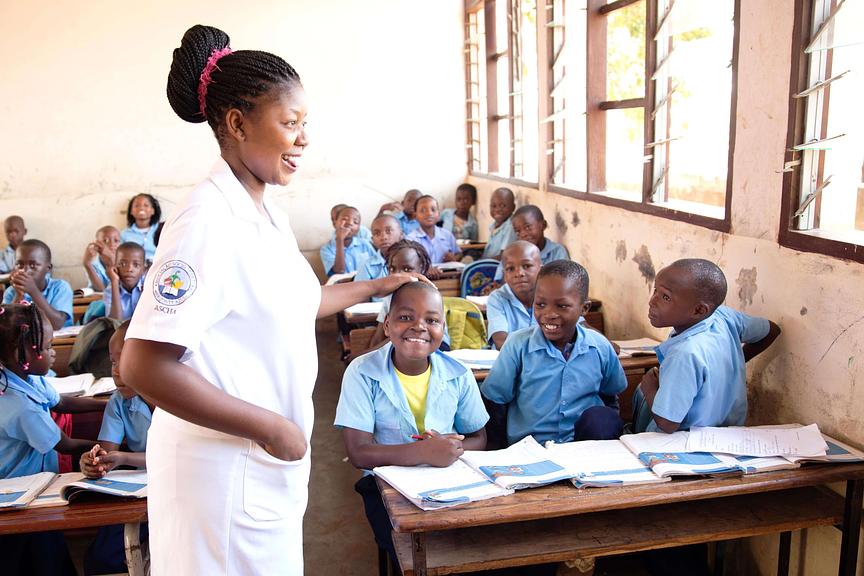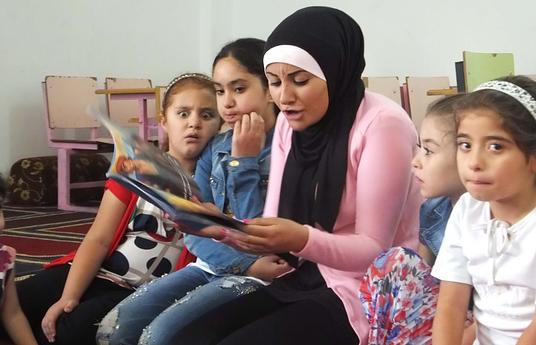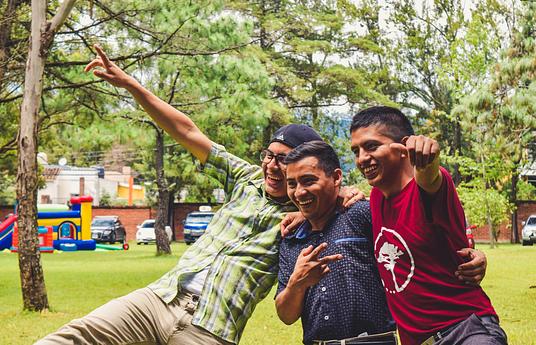Recognizing persistent barriers that limit young people’s, particularly women’s, access to decent work, we co-create innovative projects with local partners to build the skills that young women need to work, to develop the self-confidence and vision they need to find employment, and to create alternative approaches that match their aspirations and abilities. The programme uses an innovative, adaptive management method and invests heavily in MEL to inform structured learning. The result of this investment is the generation of reliable evidence of what works and what doesn’t work with respect to female economic empowerment. Only when we have concrete evidence that a certain approach is successful do we work with partners on scale-up and replication.
There is a clear need to promote gender equality and FEE in urban Mozambique, where only 24% of women have access to wage employment, against 50% among men; and 69% of women are financially excluded. Mozambique also has one of the highest child marriage rates in the world (half of all girls married by the age of 18), low levels of education, unequal access to resources, high rates of gender-based violence, and social and cultural norms that disadvantage women further and systematically exclude them from the limited economic opportunities available. Only 12% of Mozambican workers receive regular wages, and 80% of those who do are men, with most women engaged in subsistence agriculture. It is in this context that MUVA seeks to design and test out innovative approaches to increase economic opportunities for adolescent girls and young women in marginalized urban areas, facilitating their transition from education to employment and enabling them to find and retain decent work by identifying and addressing the constraints that currently hold them back.



